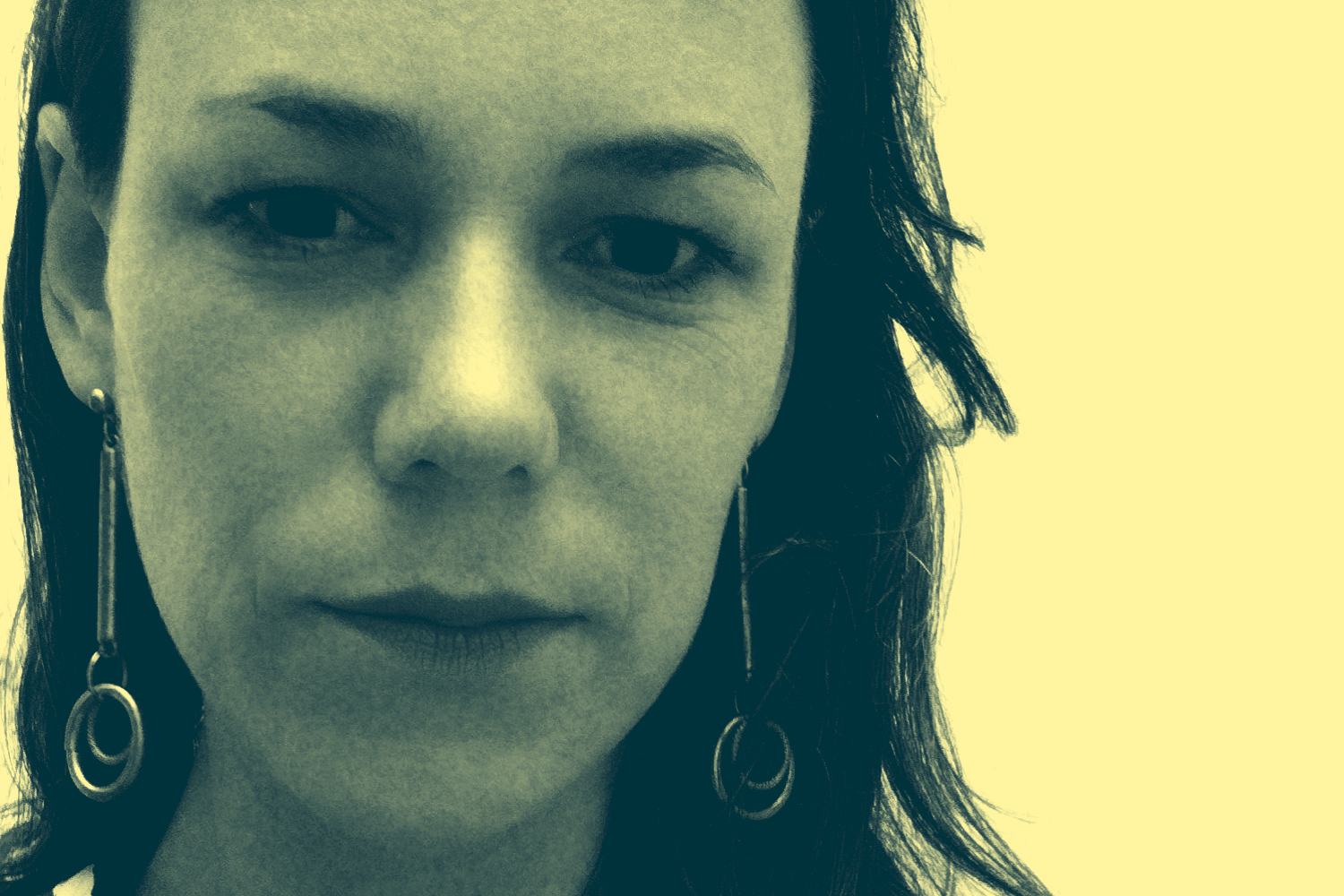Jana Kapelová is a visual artist, educator, curator, and cultural activist. In her work, she explores themes such as labor and precarity, leisure and self-realization, the influence of social and cultural environments, upbringing and education on individuals and society. In her artistic practice, she primarily works with media such as video, installation, text, participatory art, and delegated performance. She mainly uses formats of authorial research and interviews. She was an active member of artistic initiatives Dvadsať rokov od Nežnej neprebehlo (20 Years Since Nežná Didn’t Happen) (2010 – 2012) and Stojíme pri kultúre (We Stand by Culture) (2019). She studied at the Pedagogical Faculty of Trnava University, the Faculty of Fine Arts in Banská Bystrica, the Academy of Fine Arts in Prague, and the Academy of Fine Arts in Bratislava. She has taught at the Academy of Fine Arts in Prague and currently co-leads the Intermedia Studio at the Academy of Fine Arts in Bratislava. In 2014, she was awarded the Oskár Čepan Award.
At JAMA 77, she will participate in a joint performance with Peter Tilajčík and deliver a lecture and performance titled Rotating Happiness.
The performance What I see when you look through me explores the material essence, properties, and relational aspects of glass. Metaphorically, through short etudes in which the main characters are glass vessels manipulated by the performers, it speaks about transparency, unconditionality, openness, toxicity, affection, hardness, kindness, depth, habit, fear and hope.
In Rotating Happiness, Jana, along with her son Kozmas Moravčík, seeks to provide effective means to achieve the feeling of happiness. Through practical instructions in the popularization of science, they will inform the audience about the impact of the quartet of so-called “happiness hormones” (dopamine, endorphins, serotonin, and oxytocin) and their impact on our experiences. At the same time, they reflect that the desire for happiness and joy is no longer solely the domain of philosophy and morality but also of biochemistry and business. How can one induce feelings of joy? How can they be sustained over the long term? Is it possible to become addicted to them?
LANGUAGE – PERFORMANCE: NO LANGUAGE BARRIER
LANGUAGE – LECTURE: SLOVAK
